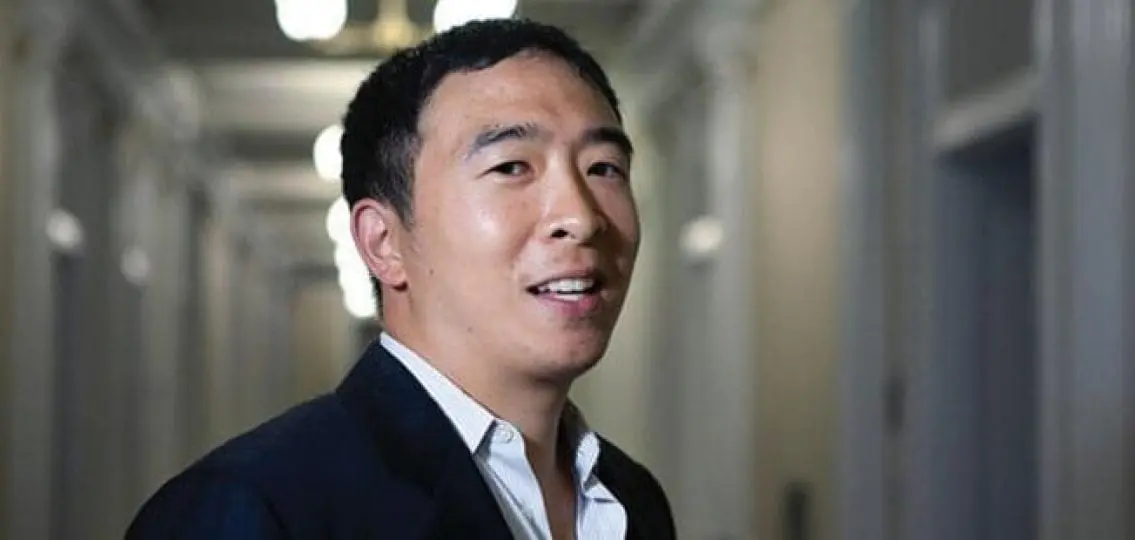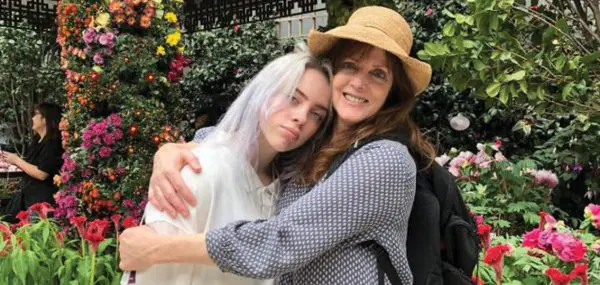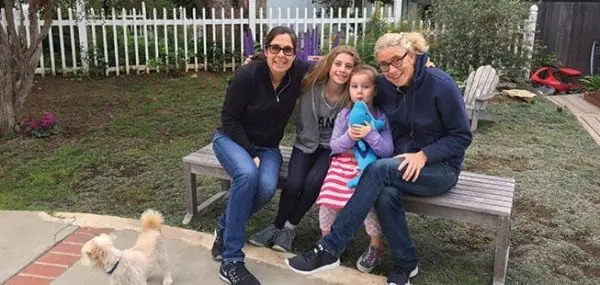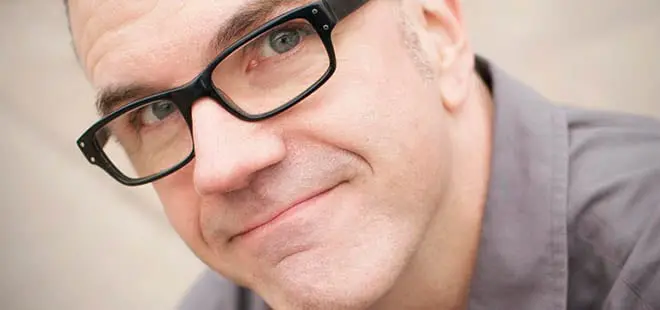Going to college, graduating, and finding a job after college looks a lot different for today’s generation of college grads. How can young adults find work that is meaningful and satisfying if corporate life isn’t the best fit for them?
Back in 2016, we interviewed Andrew Yang, founder and president of Venture for America, a fellowship program that places college graduates at start-ups in low-cost U.S. cities to train the next generation of entrepreneurs. His advice is still on-target and very timely for students who are looking ahead to their future and wondering what’s next?
Q: Is the traditional pipeline from college to work an easy transition for current college grads?
Yang: I work with so many young people, and the natural thing to do is to compare them to yourself when you were their age. But you quickly realize that it’s a different era. The experiences that we had are quite different from the experiences that teenagers are having. There is a real struggle to transition into larger organizations for many young people. And a lot of early professionals and organizations are trying to adapt.
Q: Why do you think young adults today struggle to fit into the traditional corporate world?
Yang: It’s very hard for a smart 23-year-old to figure out what making a positive contribution means in real life. There are these big companies that recruit you for jobs after college right out of school, and you may find working for a ginormous company unsatisfying. It’s tempting to say, “Young people should just put their heads down the way I did when I was young.” But a lot of organizations really aren’t designed to serve and cultivate the ambitions of the people that work there. Virtually no corporation is designed to provide maximal fulfillment to its employees—that isn’t a corporation’s purpose. We can send out whatever cultural messages we want, but the reality is defined by what concrete options a young person has in front of him or her. Young people need more concrete paths to different types of organizations that are better fits for their ambitions.
Q: How does your nonprofit solve this problem?
Yang: At Venture for America, our goal is to connect young people to dynamic early-stage organizations that really need their talents and can help them grow in positive directions in jobs after college. We want to help them channel that energy and their ambitions to help build businesses and organizations that are going to provide jobs and make positive contributions to their communities, and to society as a whole. We’re trying to create a middle-ground option between a huge corporation and having to start their own company immediately after college. Finding a small dynamic growth organization and helping it develop.
Q: What are the predictors of success that you look for in your fellows?
Yang: Things like grit and character. We can put applicants in a few different settings and see how they respond, but some of the things we rely on are quite conventional, like past performance in academic contexts or what sort of job opportunities they’ve had. One thing that we think is a fantastic indicator is athletic performance because it’s virtually impossible to be an athlete without learning to take feedback and experiencing failure and adversity.
Q: How can parents of young teens cultivate these characteristics?
Yang: The single biggest message for parents is to push your kids to test boundaries and develop. Give them the occasion to learn and fail. The young people we place in small company settings typically do not receive a lot of management and structure. What carries them through is having confidence and self-determination, even when they’re not sure what they’re supposed to be doing. Put your kids into positions where they have to figure things out for themselves, and where it’s okay for them to fail.
I think sports are super handy because no team succeeds all the time and you also learn to balance peer dynamics. Work is probably more like team sports than it is like school. Sports have failure baked in—it’s unavoidable.
Q: What if your teenager isn’t athletic or is uninterested in sports?
Yang: It’s really important for them to have a sense of struggle, so they’re really good at some things and bad at others. Push them to try and find some positives in the things they’re bad at. When I was young, I did all sorts of things that I was bad at. That served me really well in adulthood.
Q: How are alums of your non-profit performing?
Yang: Beyond any real expectations. A quarter of Venture for America alums have founded or co-founded a business, which means that they’re starting businesses at the age of 24, 25, which is remarkable. They’ve started multimillion-dollar businesses. The companies that they’ve worked with have rated 80 percent of them as either top one percent or top ten of employees.
Q: You mentioned something about attitude exercise. What is that?
Yang: It’s very easy to get bogged down in whatever issues you’re facing each day. So I have a file on my phone of things for which I am grateful. Whenever I’m having a tough day, I add three things to the list. Looking at that list helps. I read once that as soon as you start focusing on positive things, your endorphins kick in and your brain wiring shifts. It might all be in my head, but I certainly feel like that’s true.
Q: How do you figure out what you want to do in life if the first jobs after college don’t work out?
Yang: I have lived that. It’s hard. Things aren’t as fast and immediate as people want them to be. It’s messy, time-consuming, costly, all of the above. People hate that stuff, but in all honesty, that’s the way progress goes.




